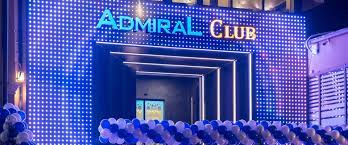The concept of window film for privacy has evolved from a mere automotive accessory to a widespread enhancement seen in various aspects of everyday life. Whether on vehicles, residential homes, or commercial buildings, tinted windows offer a multitude of benefits that go beyond aesthetics. This transformation has stemmed from advancements in technology, the desire for increased privacy, energy efficiency, and a growing appreciation for style and comfort.
Automotive Advancements: Beyond Style
Tinted windows in automobiles were initially popularized for their stylish appearance, lending a sleek and sophisticated look to cars. However, the advantages of automotive window tinting extend far beyond aesthetics. These tints are engineered to reduce the amount of sunlight and heat that enters a vehicle, providing a more comfortable interior for passengers. This feature is particularly advantageous during scorching summers, minimizing the reliance on air conditioning and reducing fuel consumption.
Moreover, window films used in automotive applications are designed to block harmful UV rays, protecting occupants from potential skin damage and reducing interior fading of upholstery and dashboard components. Enhanced safety and security also come into play as tinted windows provide an additional layer of protection against shattered glass in case of accidents.
Residential and Commercial Applications: Privacy and Energy Efficiency
Beyond automobiles, tinted windows have gained popularity in residential and commercial spaces. Homeowners and businesses are increasingly opting for window films to enhance privacy, reduce glare, and increase energy efficiency. In residential settings, tinted windows offer privacy by limiting the visibility from the outside while maintaining natural light flow.


